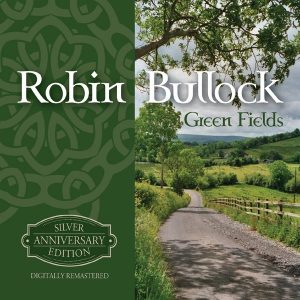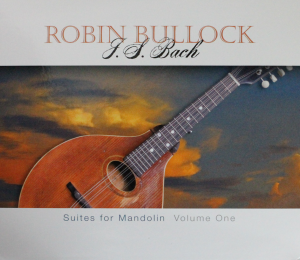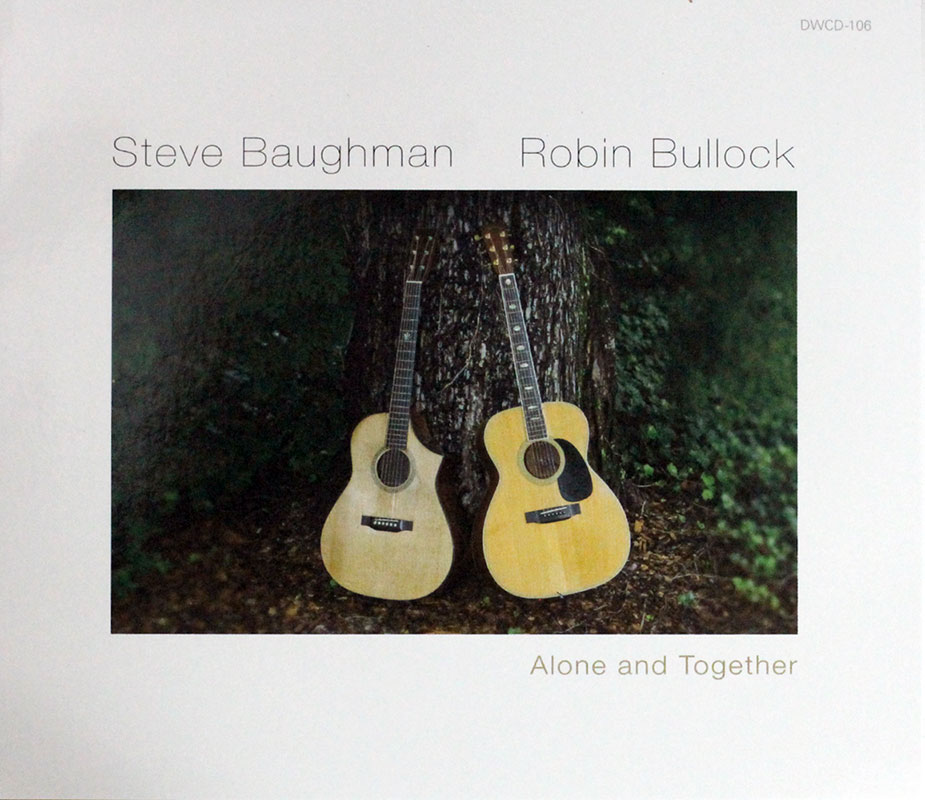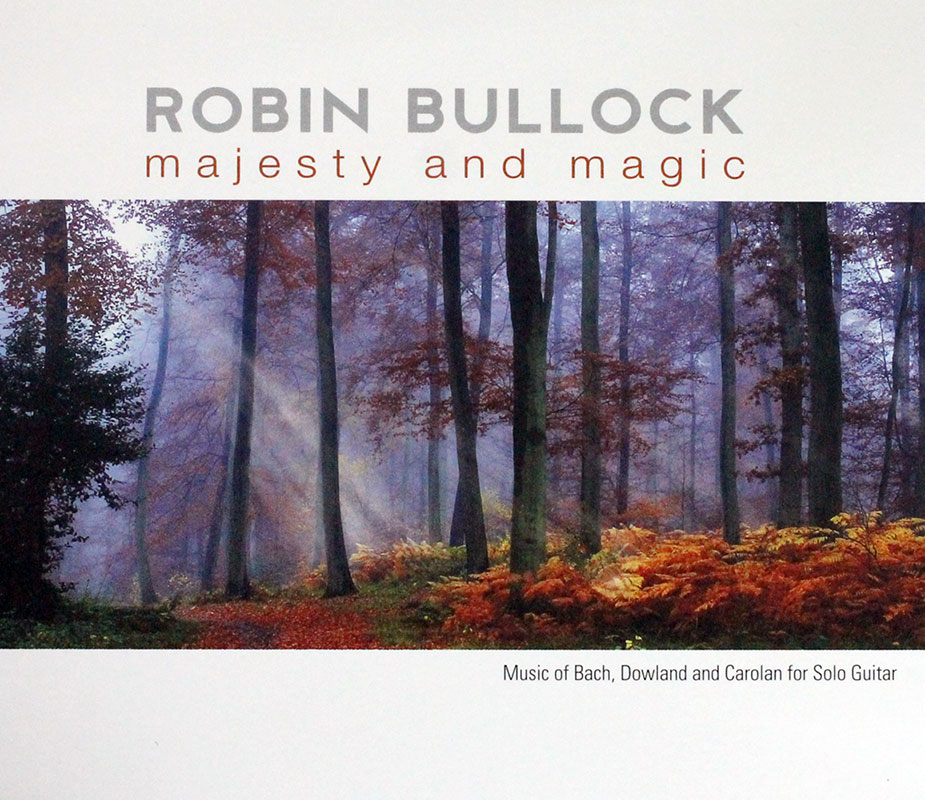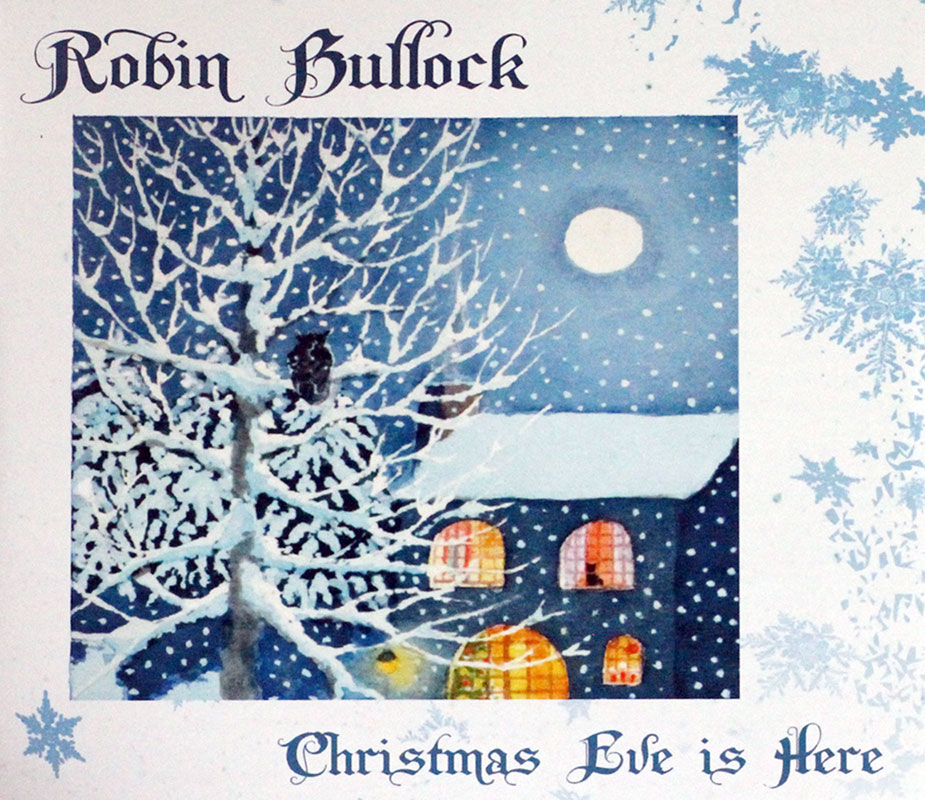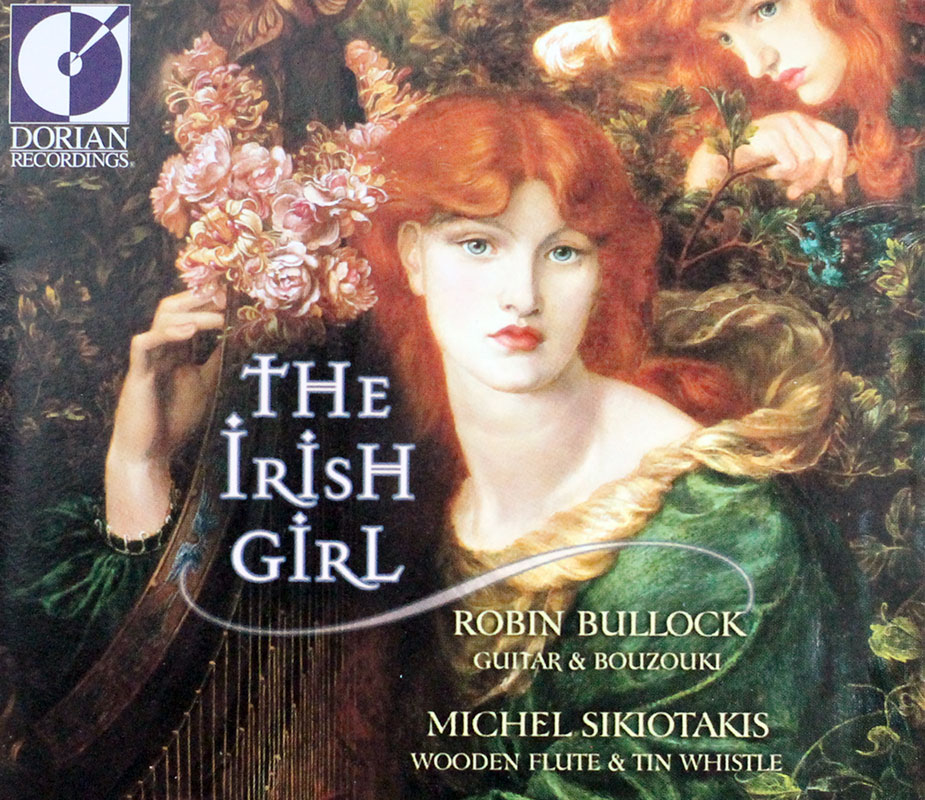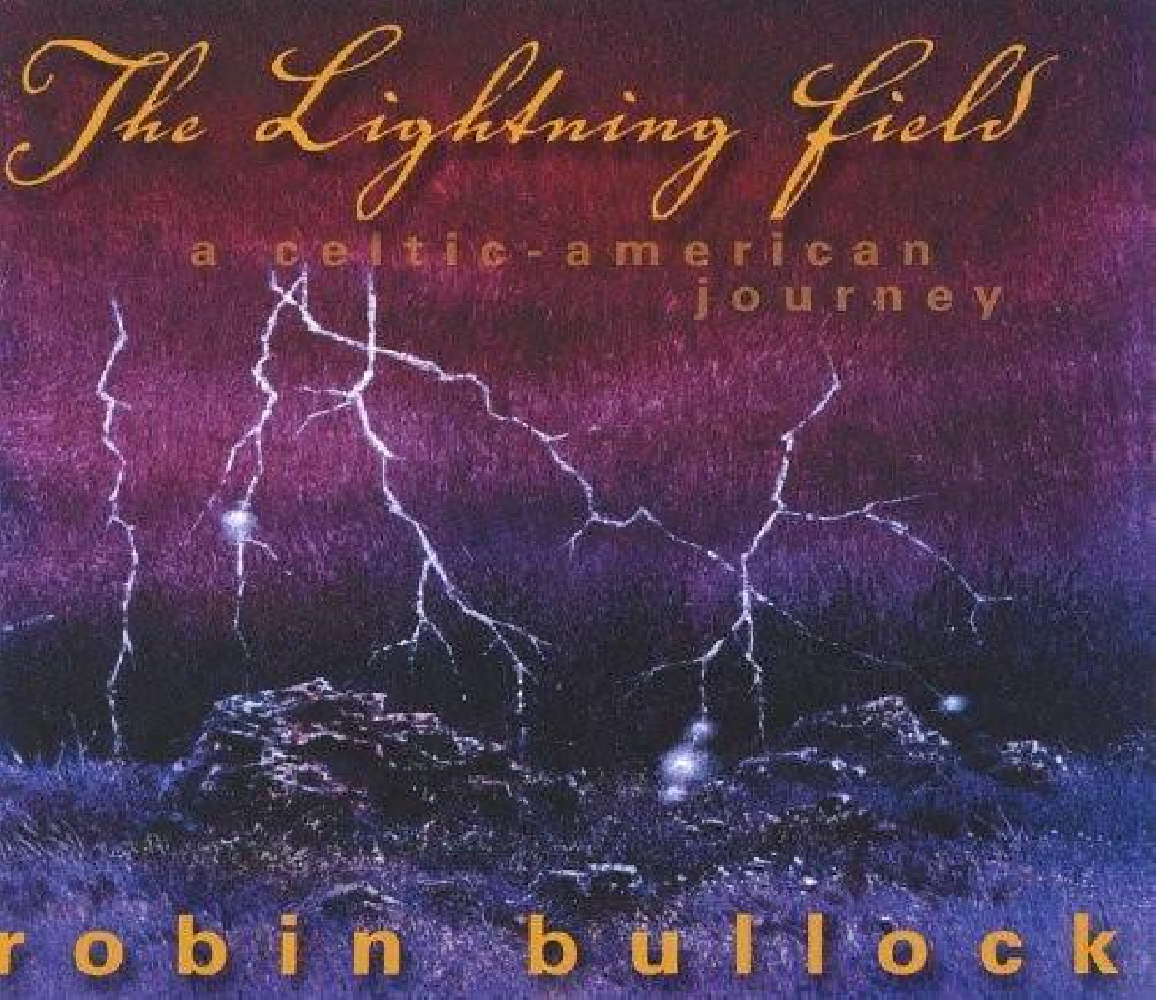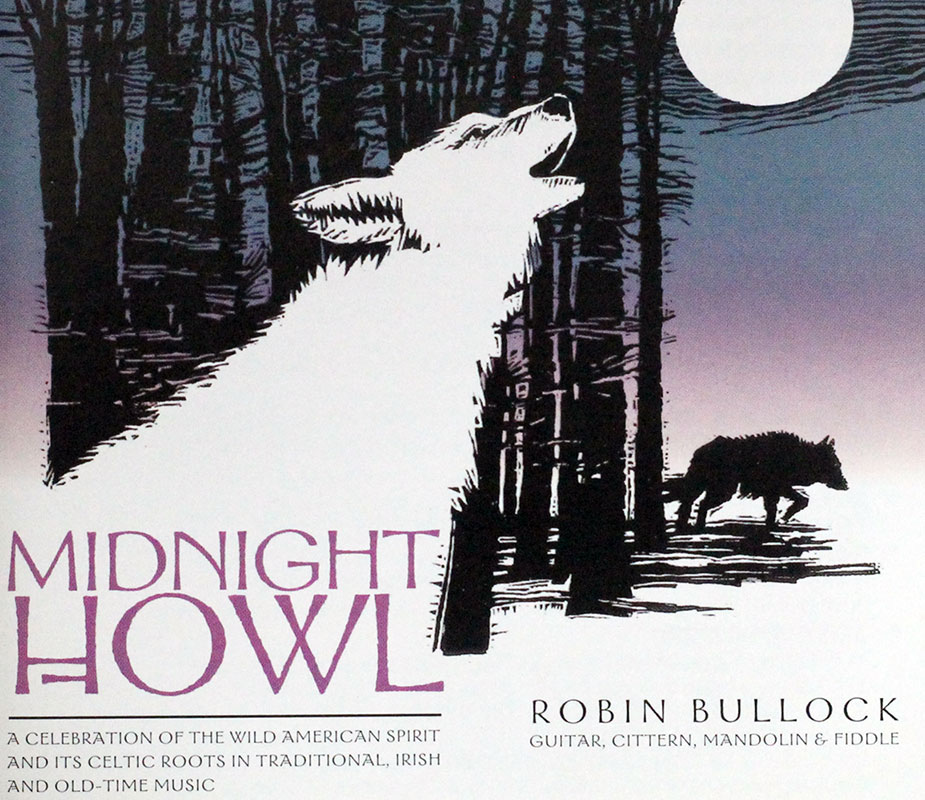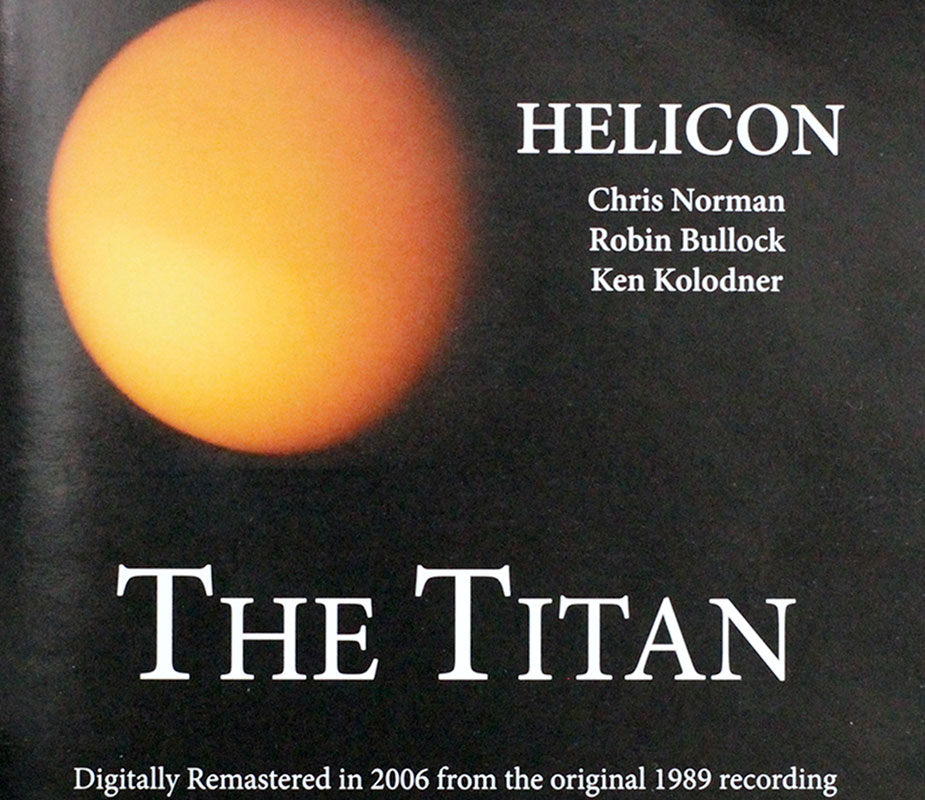June 5, 2017 – Review by Dr. Rob Tomaro, Classical Music Editor, Cashbox Magazine.
“Climbing a musical Mount Everest, solo!”
“The Bach Cello Suites have long been regarded as fertile ground into which performers on a variety of other instruments have planted their musical seeds in the form of transcriptions in hopes of attaining the pinnacle of Baroque purity which they represent for themselves; purity of form, design, temperament and transcendent beauty.
All sorts of non-cellists have sought to penetrate the mystery encoded in these gorgeous solo flights, sometimes successfully, sometimes not. First, on instruments seemingly most compatible with the Suites’ sprightly and rhythmically challenging character, such as the violin, the viola, the viola da gamba, and the piano. But the Suites have also been recorded on a host of less likely instruments with laudable, if rather eccentric, results, such the electric bass, the charango, the saxophone and, heaven help us, the euphonium.
Mandolinist/Guitarist Robin Bullock, though, has given us something extraordinary with his Suites for Mandolin, Volume One (Dancing Wolf Records-DWCD 107), the first complete transcripted recording of the Suites for solo mandolin. This would be quite an achievement in itself if that was the only accomplishment encapsulated within this disc but, remarkably, he has also produced something beautiful, a breakthrough re-interpretation of these important works, conceived and executed at a level of sublime virtuosity.
This volume of the first three of the six Bach Cello Suites, played on the mandolin, is a wonder of aesthetic balance, passion, joy, artistic commitment and courage. Just as the Rachmaninoff Third Piano Concerto remains a Mount Everest level test of the sinew of any emerging pianist, so these Suites present a similar challenge for any cellist (or transcriber) hearty enough to strap on cleats and begin the climb. And, as with Everest, there are pitfalls that await the acolyte on his/her journey to the top.
The first challenge in transcribing these suites from the cello to another instrument is also the most obvious one: The inherent lyricism embedded in these pieces, which is sustained by the fluidity of the cello bow, must somehow be evoked by non-bowing instrumentalists who attempt to play them. Happily, in the Bullock recording, not only do I not miss the bow, I find that the precision of the mandolin plectrum in this master’s hands adds a crisp drive and a glossy, attractive sheen to the rhythmic landscape that is not possible on the cello.
Then, there are the daunting technical challenges that Bach has installed in these pieces like landmines. The problem becomes not so much just playing them cleanly at attractive and professionally acceptable tempi, but in rendering them with soul, spontaneity and a kind of improvisational freshness that is intrinsic to their appeal. These are songs of the heart, untempered and unfiltered. And, consider this: the solo instrument is naked, exposed on a landscape of its own creation without a net. So, the task of creating a context in which to perceive them is of inestimable difficulty. Once again, Mr. Bullock delivers, with a warmth and a conversational frankness that is filled, in turn, with humor, fire and pathos.
Finally, these Suites will not ‘speak’, will not come alive, unless they are played with a kind of uncanny brilliance. Any musician who approaches them is either able to release their latent song into the air or not, in which case they might be better left in the leaf, on the page, awaiting the next adventurous soul to come along. Mr. Bullock threads his way through the Suites as if he is making them up in some cozy place in the wee hours of the morning and singing them to you, with love. In his hands, they are startling in their intimacy and I find myself deeply moved whenever I listen to his recording of them.
The aura surrounding the Cello Suites, and their legacy as a kind of Holy Grail, owes its cachet in part to the fact that they were lost for two hundred years, relegated to the trash heap of time, dismissed in the eighteenth century as a series of negligible etudes until they were discovered, quite by accident, in 1889 by a budding thirteen year old Catalan cello student named Pablo Casals in a thrift shop in Barcelona. He devoted his life to their study and finally recorded them in 1936, when he was sixty, in London, at the Abbey Road Studios, where the Beatles would hold court twenty-seven years later. Thanks to his recording, the Suites became an overnight sensation in the classical music world.
The genesis of Mr. Bullock’s personal undertaking of the recording the Suites began almost by accident.
“After I got the Prelude for Cello Suite No. 1 more or less under my fingers on the mandolin, originally I’d thought that’d be it, but it was such an exhilarating journey that curiosity led me onward to try the next movement, the Allemande… and the next, and the next… and the more I learned, the more I wanted to know.
So, over the course of the next few years, as I learned more solo Bach pieces on both mandolin and guitar, I was also immersing myself in all the books about Bach’s life and works and all the Bach recordings I could get my paws on. Gradually, a crazy idea began to form: would it be possible to learn and record all six Cello Suites, in their entirety, on solo mandolin? Had anyone even done that before?”
Apparently not. Other mandolinists have recorded Bach’s Sonatas and Partitas but this is, to this reviewer’s knowledge, the first mandolin recording of the full Bach Cello Suites. As delightful as Suites 1-3 are in Volume One, I can hardly wait for the Mr. Bullock to drop the other Bachian shoe and give us Suites 4-6, in Volume Two.
If you, like me, think the music of Bach springs afresh out of some timeless stream eternally, then don’t deprive yourself of this landmark recording. Five out of Five stars for Mr. Bullock. And hurry up, Robin, give us part two!!”



